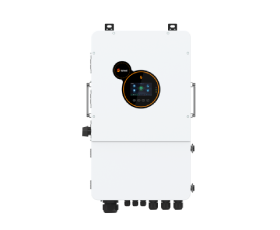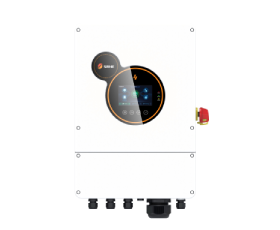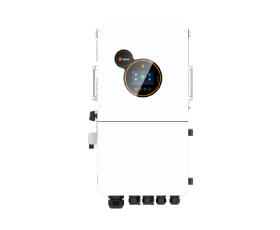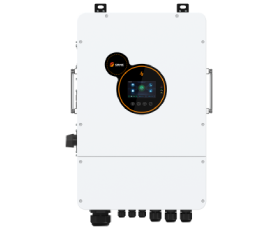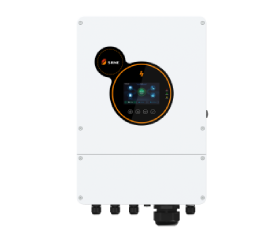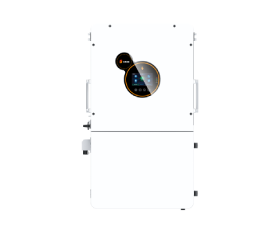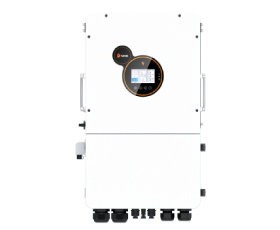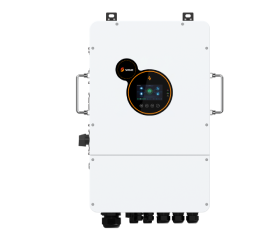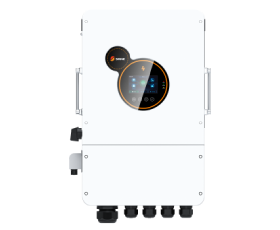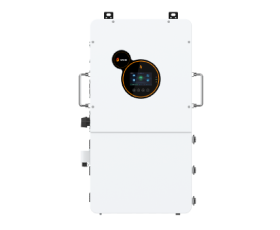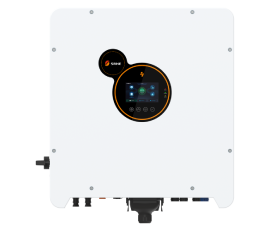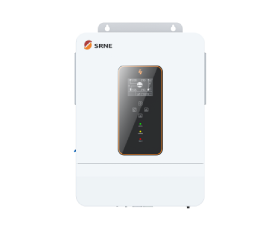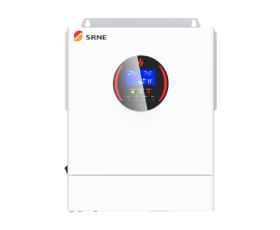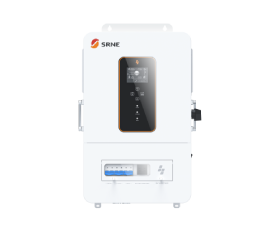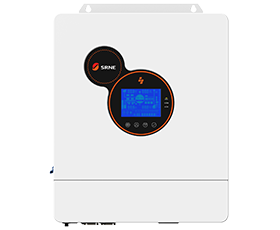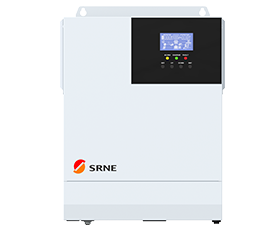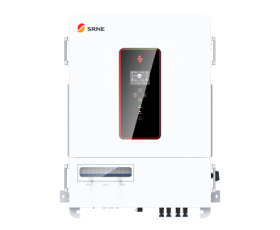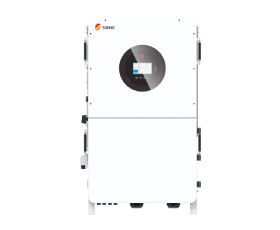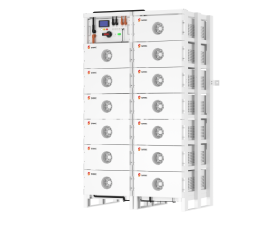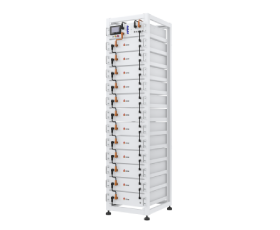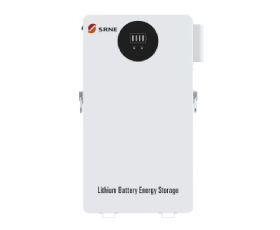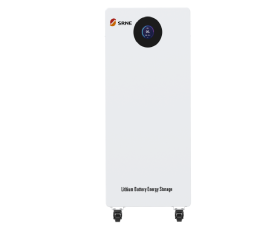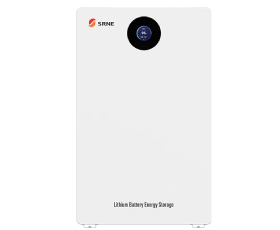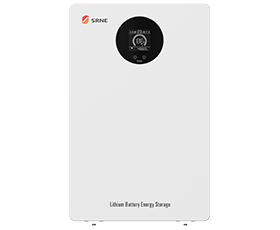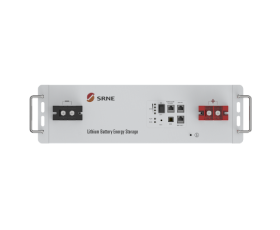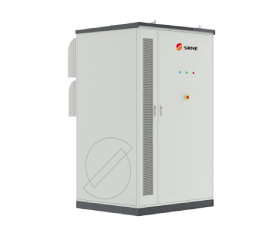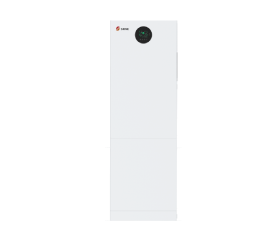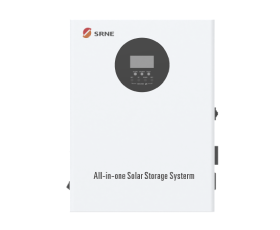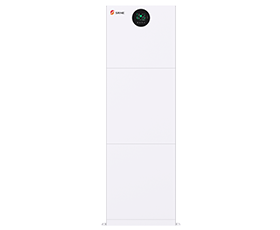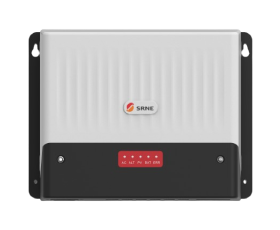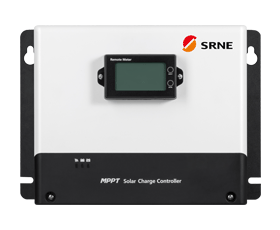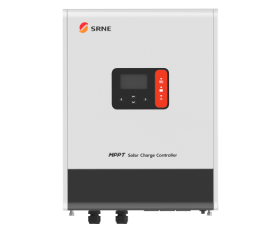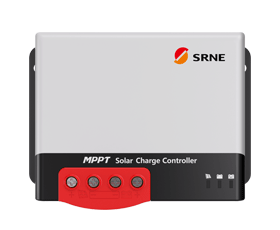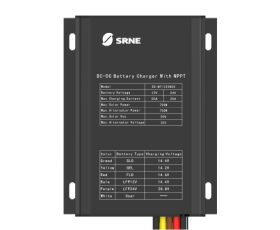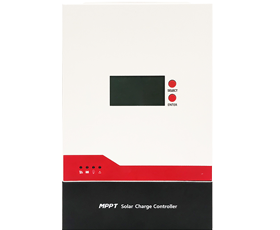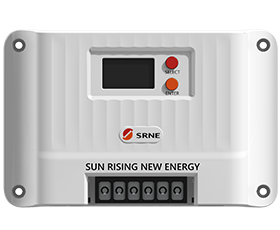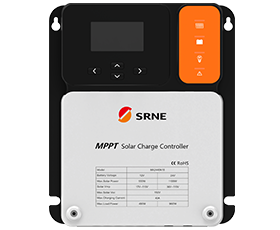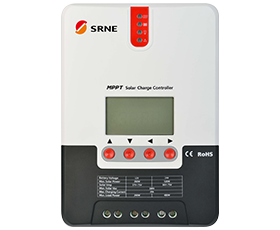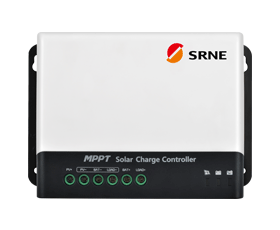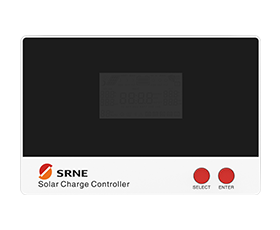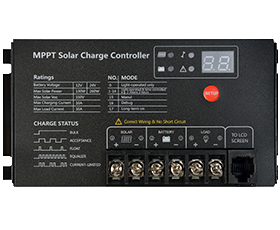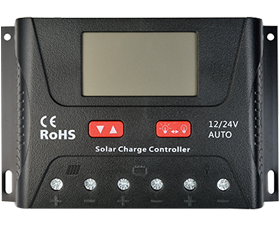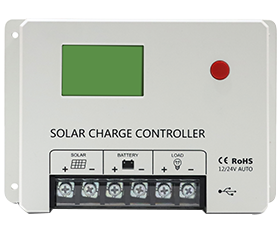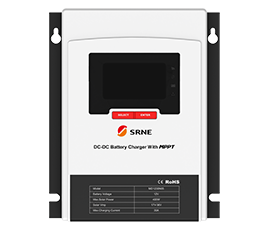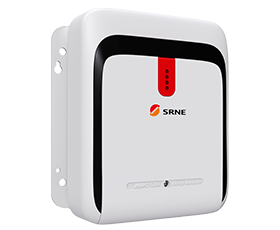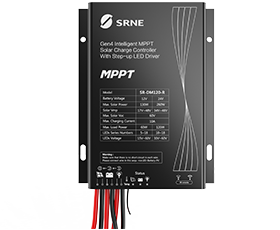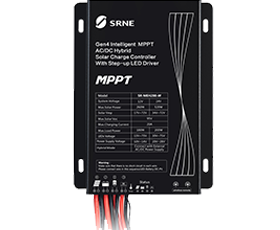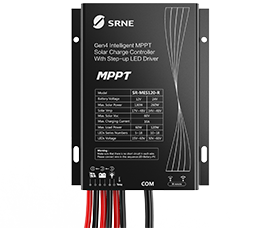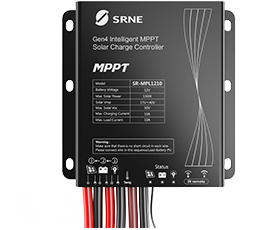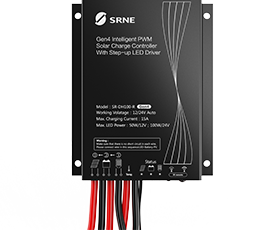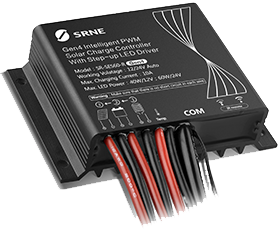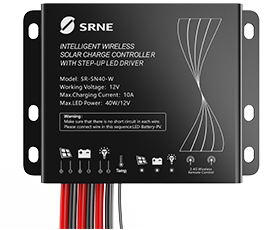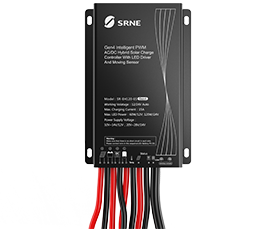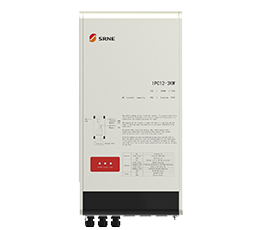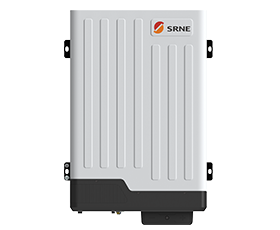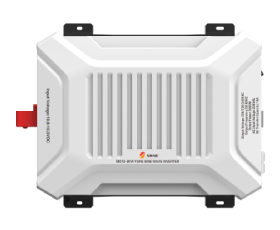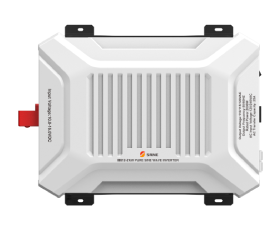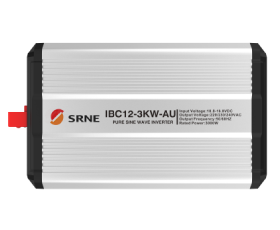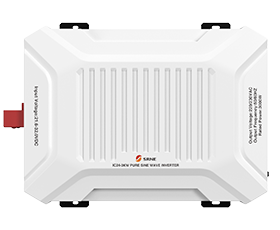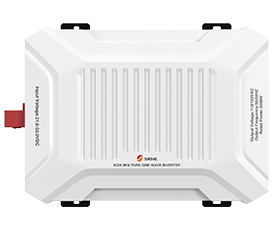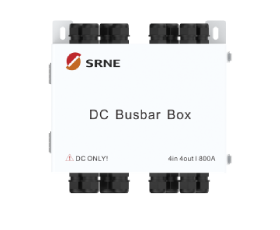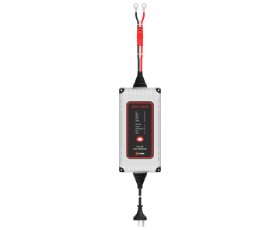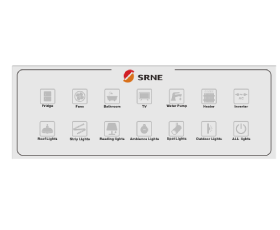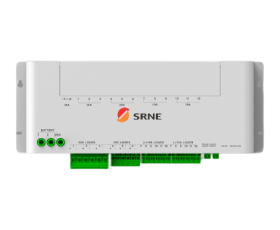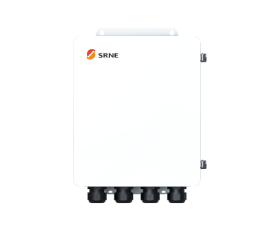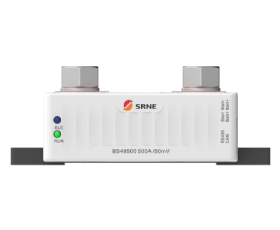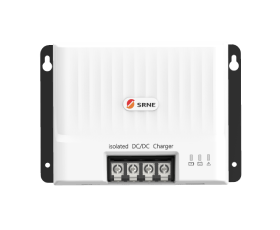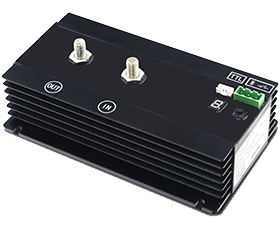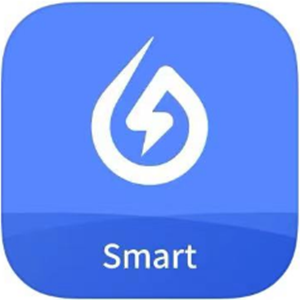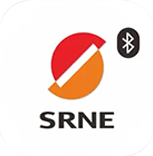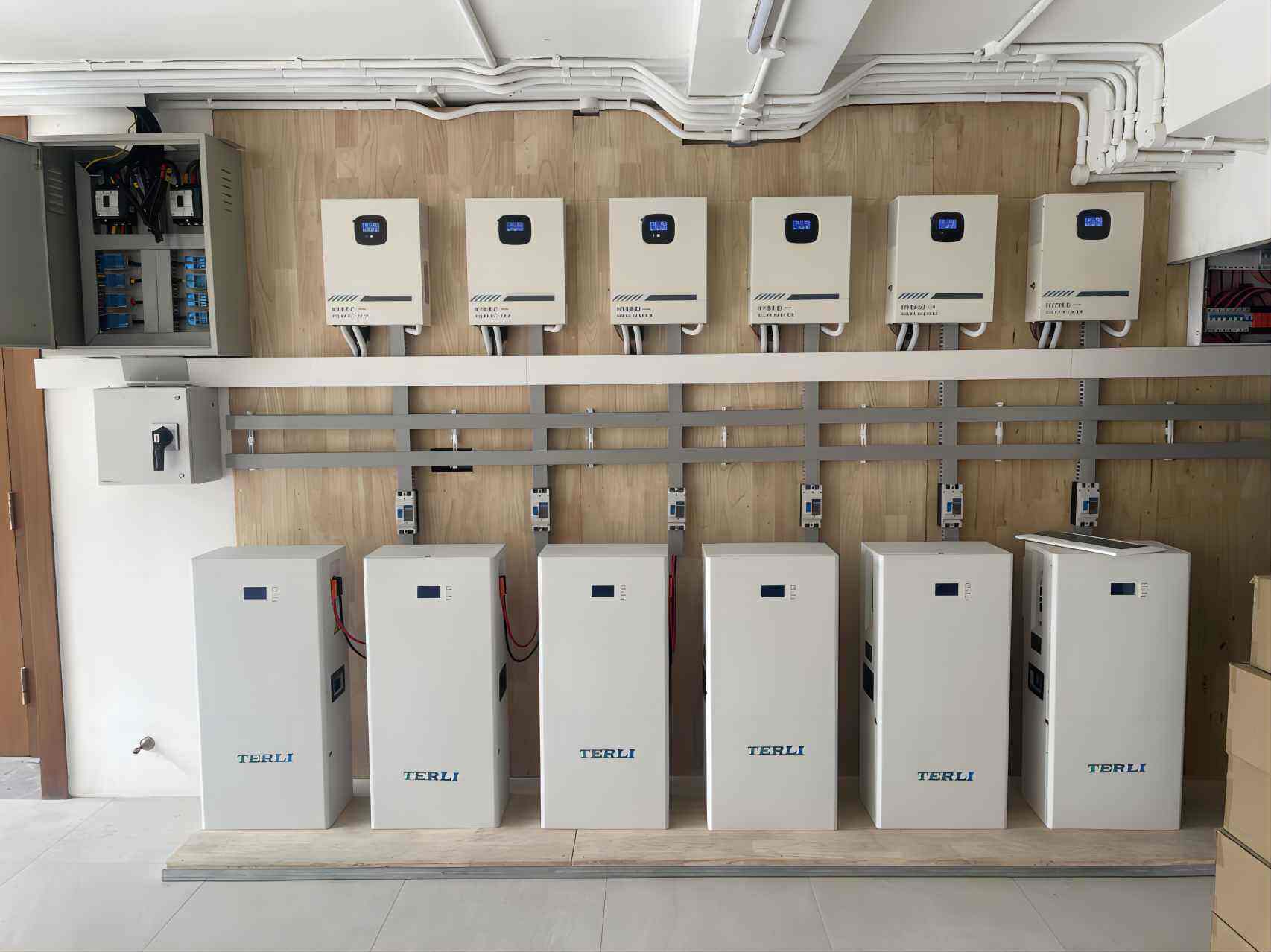Common Issues with Home Power Inverters
In today's energy landscape, the role of home power inverters is increasingly vital, especially as businesses move towards more sustainable and reliable energy solutions. Home Power Inverter systems are crucial in converting DC power from solar panels or batteries into AC power for home and commercial use. Understanding common issues and troubleshooting methods can help maintain efficiency and prevent downtime.
If you have any questions, please contact our professional team, and we will provide the best solution as quickly as possible.
Common Issues with Home Power Inverters
Overloads
Overloads occur when the power demand exceeds the inverter’s capacity. This can happen when too many devices are connected simultaneously. Symptoms include the inverter shutting down or providing erratic power supply. For any business relying on a Home Power Inverter, this can disrupt operations and cause delays.
Overheating
Overheating is a common issue, especially in poorly ventilated areas. Inverters generate heat during operation, and without proper cooling, they can overheat. Signs of overheating include the inverter's temperature warning light activating or the device becoming excessively hot to touch. Overheating not only affects performance but also reduces the lifespan of your power solar inverter.
Waveform Issues
Waveform issues refer to problems with the quality of the electrical output. Poor waveform quality can result in unstable power supply, affecting sensitive equipment. Businesses using inverter solar off grid systems need to ensure clean and stable power for their operations.
Battery Problems
Battery-related issues can significantly impact inverter performance. Problems such as low charge, sulfation, or aging batteries can lead to inefficient power conversion and frequent inverter shutdowns. Proper battery maintenance is essential for the optimal functioning of a power solar inverter.
Connection and Wiring Issues
Faulty connections or wiring problems are common but often overlooked. Loose or corroded connections can result in power loss, inefficiency, or even safety hazards. Regular inspections are necessary to ensure all connections in an inverter solar off grid system are secure and functioning correctly.
Troubleshooting Tips and Solutions
Dealing with Overloads
To prevent overloads, ensure that the total wattage of connected devices does not exceed the inverter’s capacity. If overloads occur, disconnect some devices and reset the inverter. Regularly monitoring the power usage can help manage load effectively and ensure your Home Power Inverter operates smoothly.
Preventing and Fixing Overheating
Ensure that the inverter is installed in a well-ventilated area. Use fans or cooling systems if necessary. Regularly clean the inverter’s vents and avoid placing it near heat sources. Routine maintenance can prevent overheating and extend the life of your power solar inverter.
Resolving Waveform Issues
Use high-quality inverters designed to provide clean and stable power. If waveform issues arise, check the inverter's settings and ensure it’s compatible with the connected devices. Consulting with professionals for waveform analysis can help resolve persistent problems in your inverter solar off grid system.
Addressing Battery Problems
Regularly check the batteries for charge levels, signs of damage, or sulfation. Replace old or inefficient batteries promptly. Ensure that the batteries are compatible with your power solar inverter and are adequately maintained for optimal performance.
Fixing Connection and Wiring Issues
Inspect all connections and wiring regularly. Tighten loose connections and replace any corroded or damaged wires. Use high-quality connectors and follow safety protocols to prevent electrical hazards. Regular inspections and maintenance are crucial for the reliable operation of your inverter solar off grid system.
Preventive Measures and Maintenance
Regular maintenance is key to ensuring the longevity and efficiency of your Home Power Inverter systems. Schedule periodic inspections and professional check-ups to identify and address potential issues early. Using reliable components and adhering to best practices can minimize problems and enhance the performance of your inverter solar off grid systems.
Conclusion
By understanding common issues and implementing proper troubleshooting techniques, businesses can maintain the efficiency and reliability of their Home Power Inverter systems. Regular maintenance and proactive measures are essential for sustaining operations and achieving long-term energy solutions. Investing in high-quality power solar inverter systems can provide a stable and efficient energy supply, supporting your business's sustainability and operational goals.
For further assistance or inquiries about our range of inverters, feel free to contact SRNE, your trusted partner in power solutions.




















